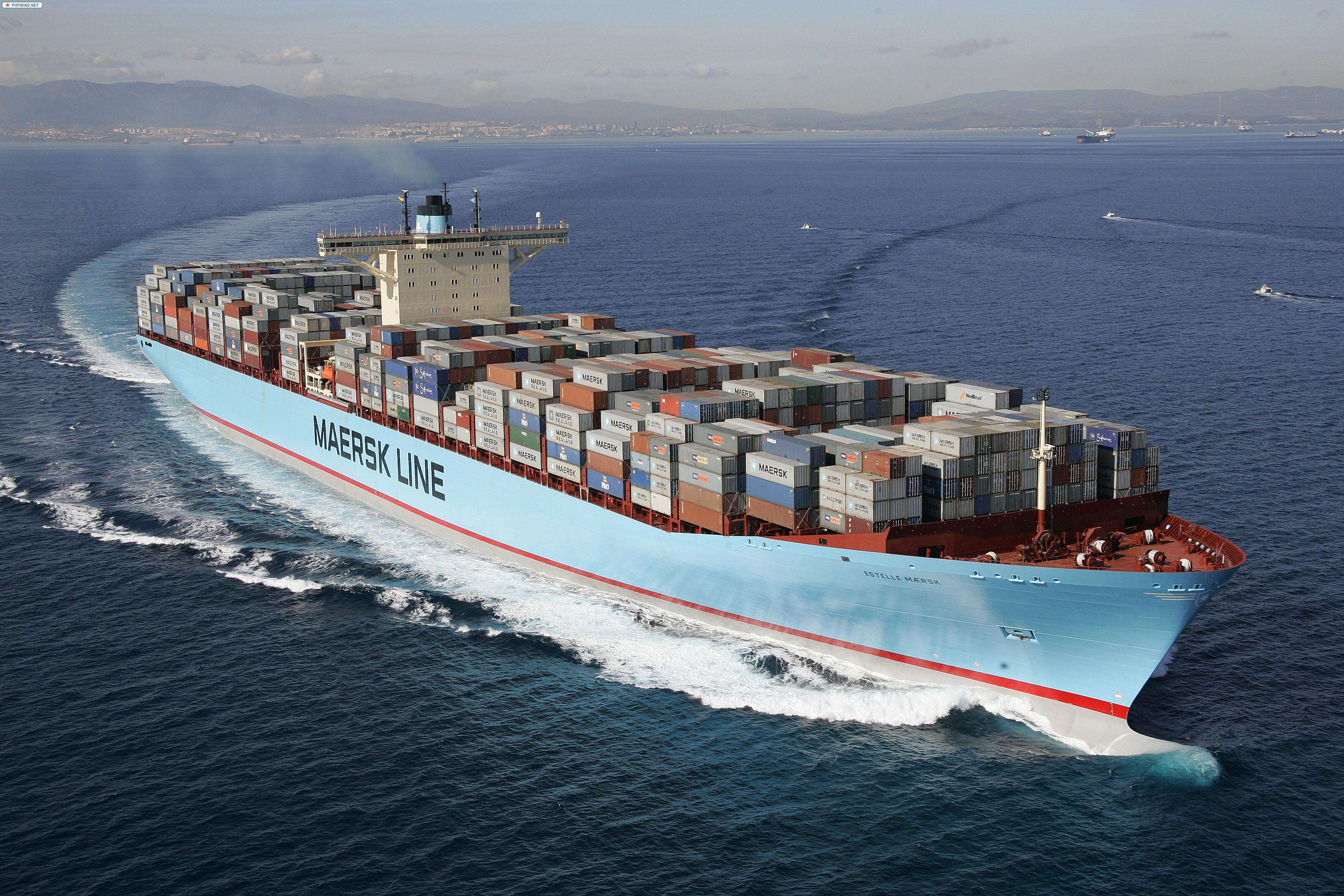Date:2017-09-12Views:0

Definition and characteristics of cross-border logistics services:
Cross border logistics services refer to the planning, implementation, and control management process of the effective flow and storage of physical goods and information, with both sides of the customs border as endpoints. It combines the concepts and characteristics of cross-border e-commerce and logistics. Under the e-commerce environment, relying on the Internet, big data, informatization and computer and other advanced technologies, goods flow from cross-border e-commerce enterprises to cross-border consumers, and cross logistics activities in different countries or regions.
The main transportation modes of cross-border logistics services
The main modes of transportation for cross-border logistics services include:
International sea freight: suitable for large quantities, large volumes, relatively low value, and goods that are not urgently needed, divided into full container load (FCL) and less than container load (LCL) sea freight.
International express delivery: suitable for small batches and high-value goods, with fast delivery speed and excellent service, but high prices. Common logistics carriers include UPS, DHL, FedEx, etc.
International air freight: suitable for goods with light weight, high unit price, and high time and seasonal restrictions, characterized by speed, safety, and punctuality, but with high costs.
The advantages and challenges of cross-border logistics services
The advantages of cross-border logistics services include:
Efficient and convenient: Through advanced information technology, fast delivery and efficient management can be achieved.
Diversified modes: including postal parcels, commercial express delivery, dedicated logistics, and overseas warehousing.
However, cross-border logistics services also face some challenges:
Regulatory and language barriers: The legal, cultural, and linguistic differences between different countries increase the complexity of logistics.
Intense competition: The market competition is fierce, the phenomenon of homogeneous competition is severe, and there are few value-added services.